In the face of challenging economic times, procurement leaders can emerge as the unsung heroes, helping to steer their organisations through the storm.
One such leader is David Ward, Procurement Director at Catalent, who has leveraged his extensive experience from senior procurement roles at AstraZeneca and MSD/Merck to help guide the CDMO through challenging times.
Catalent, along with other CDMOs, has been instrumental in the fight against COVID-19. The company played a significant role in vaccinating approximately 70% of the United States population through its partnerships with AstraZeneca, Moderna, and Johnson and Johnson. This massive undertaking saw Catalent’s largest vaccine manufacturing site in Bloomington, US, expand its workforce from around 1,500 employees to around 3,500 in just a few weeks.
David Ward describes this period as a “huge ramp up,” followed by a plateau and now a phase of ‘right-sizing.’ Throughout these stages, procurement has played a crucial role.
In the latest episode of the PharmaSource podcast, David shares his insights on how procurement teams should operate differently during lean times and why he believes that “Procurement is the organisational Swiss Army Knife.”
Below are six takeaways for how procurement should pivot to support companies through difficult times.
- For more read: Contract Manufacturing After COVID-19: Gil Roth on the Challenges and Opportunities for CDMOs
1. Procurement has greater importance
In times of economic downturn, procurement becomes a pivotal function within an organisation.
As David puts it, “procurement has an incredible opportunity to make a difference.”
Reflecting on his past roles, he notes, “I don’t think it’s unfair to say it’s a night and day experience.”
He emphasises that procurement is not an afterthought or a peripheral function, but rather, “We are front and centre in the business.”
2. Cash is king
David highlights the importance of cash flow during challenging times.
“Getting cash in the door firms-up the organisation’s position. So by focusing on savings and working capital, we’re able to give our CFO options for reinvesting back into the organisation.”
“One key area that we’re looking to improve upon is working capital payment terms.”
3. Reset Supplier Relationships
David stresses the need to reset and accurately re-forecast revenue and spend with key supplier partners.
He notes that compared to the pandemic era, “We’re at a different point in our relationship, in our sales, forecasting and revenue. So it changes the nature of those conversations with those suppliers.”
“We have to find new, creative, compelling reasons to continue working with Catalent, and to keep us as the primary our strategic supplier client of choice.”
4. Know your internal audience
“You need to be painfully aware of the company’s situation.” says David.
However, while stakeholders in manufacturing, engineering, or HR community may have common enterprise-wide goals “their priorities are going to look slightly differently”.
“I’m confident everybody listening to this podcast can pull a 20 to 30 page slide deck with beautiful colourful dashboards, graphs and various for box segmentations. But is that really what the stakeholder needs right now?”
He encourages procurement professionals to “Actively listen, be self-aware, read the room and then formulate your value proposition around that.”
5. Adopt a service mindset
David believes that procurement professionals should adopt a service mindset and step out of their comfort zones to solve problems even if they fall outside their typical responsibilities.
David gives the example of zoning in on problems such as stakeholders that are having problems getting their supplier paid due to an unfriendly P2P system or suppliers threatening to stop goods or services.
“One of the benefits of procurement is that we’re highly matrixed.” says David “So whether you have a relationship directly or through someone in your peer group within procurement has the relationship within financial services or outsourcing, you can help solve a problem and build-up equity and credibility.”
6. Continue to champion Sustainability and ESG
David insists that sustainability must remain a priority even during tough times as “these are the areas that continue to drive sustainable, competitive advantage and growth.”
“Companies that operate more sustainably, that have greater transparency over its operations and, how to reduce waste,are more efficient companies. We don’t sign up to ESG or sustainability goals just to tick certain boxes, it is because they create real demonstrable value both internally and externally.”
“I think while we have those checks and balances at the organisational level, it often falls to procurement to ensure the organisation continues to head in the right direction.”
Listen to full interview on the PharmaSource podcast

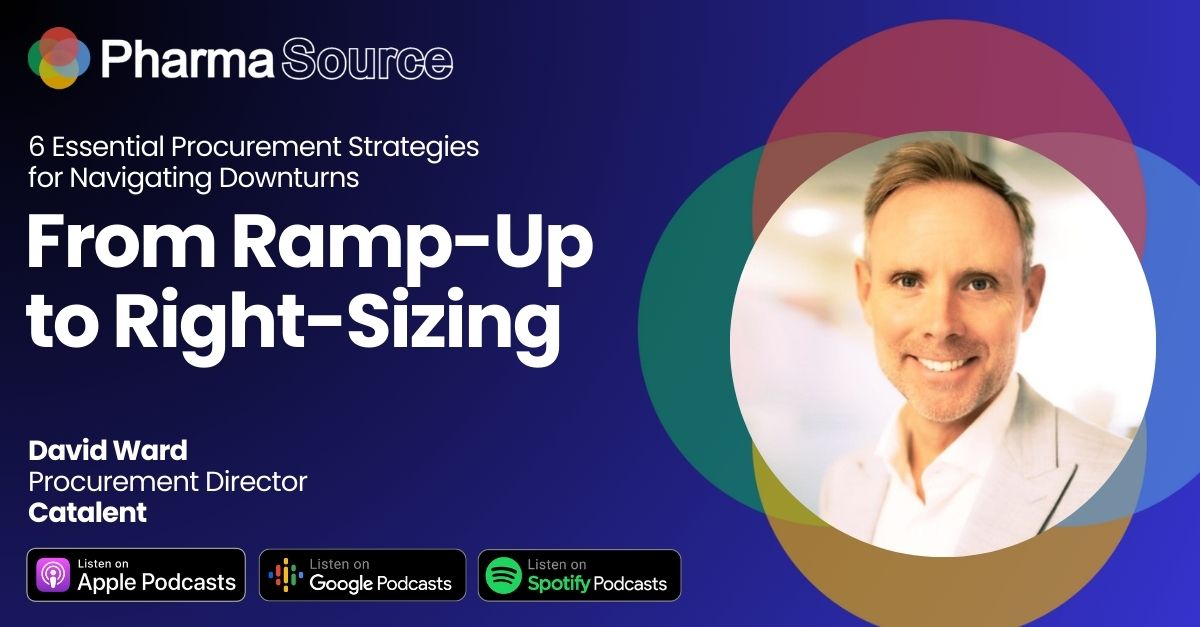
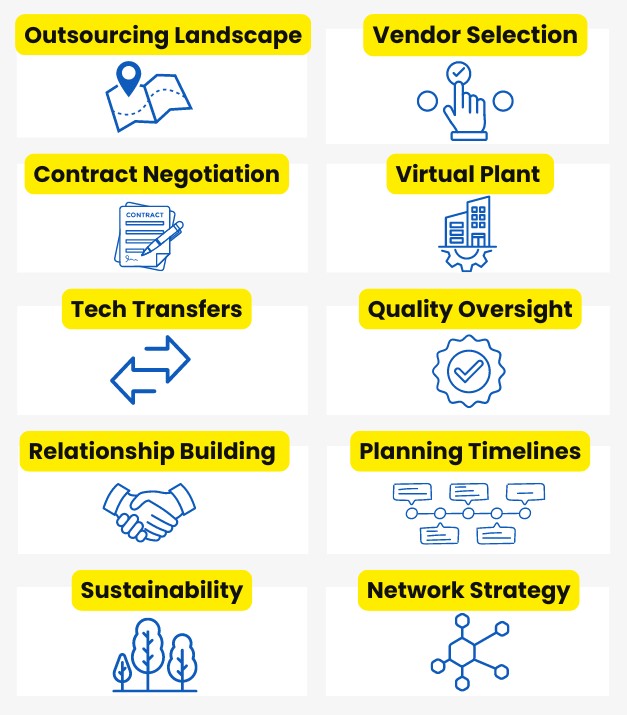

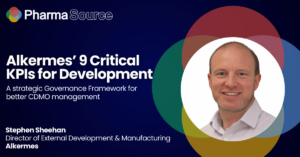
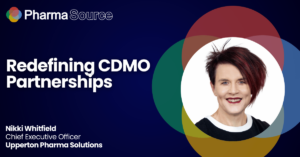





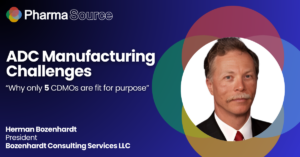
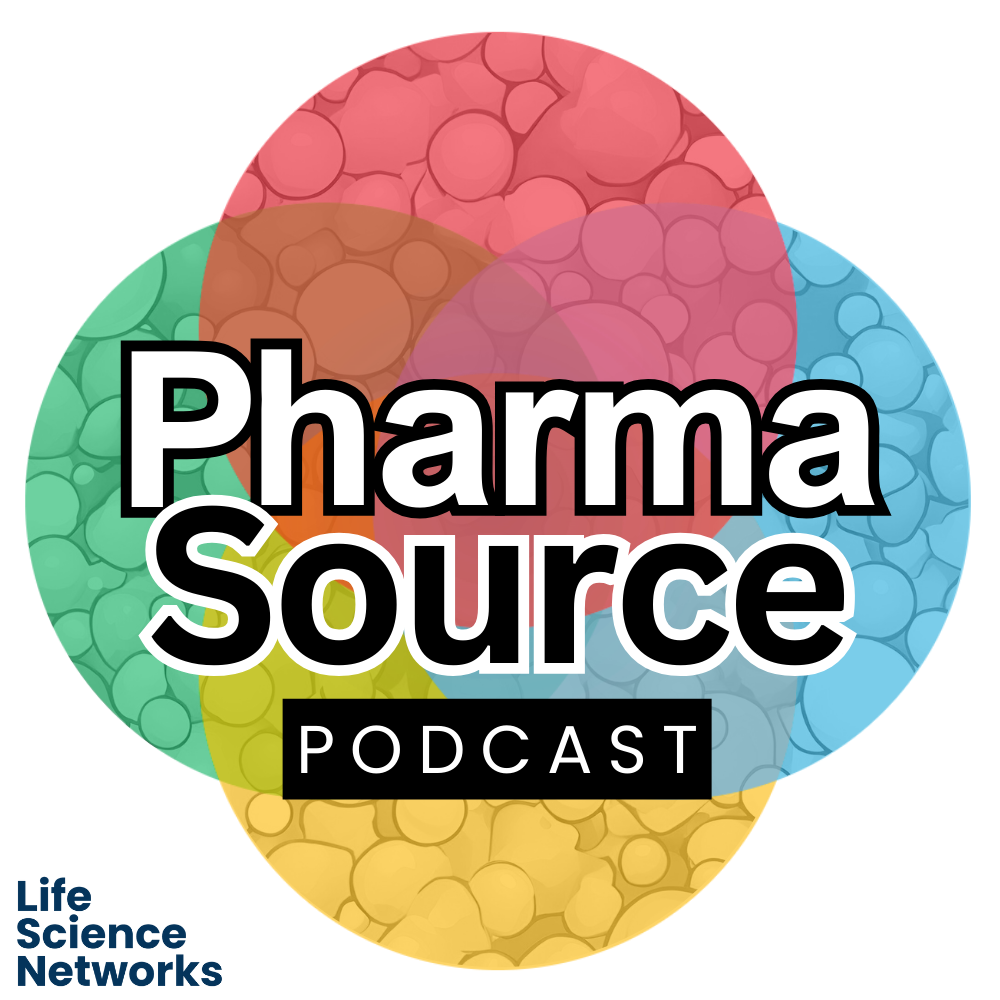
 Stay ahead of trends and best practices
Stay ahead of trends and best practices
